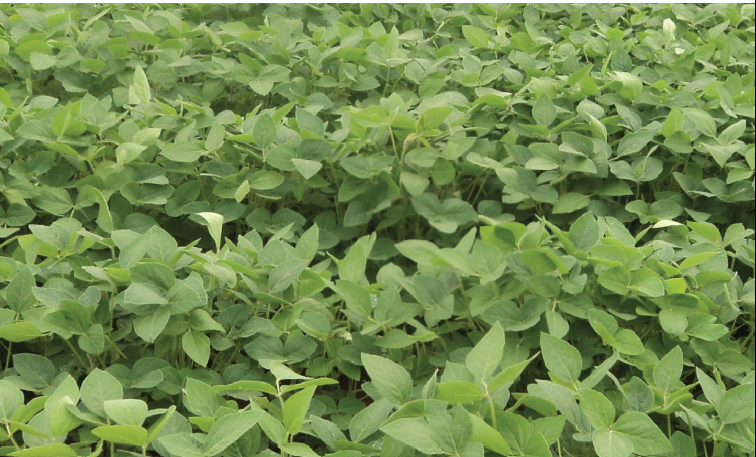Soy Beans
Varieties
1.0 INTRODUCTION
Soybean is one of the most important food and cash crops in Malawi. It is a good source of protein, vitamins and vegetable oils. However, in recent years production has not been satisfactory, as a result, Malawi has been importing substantial amounts of vegetable oils. It is therefore important to increase production of soybean as this would play an important role in import substitution. Like other legumes, soybean is capable of fixing atmospheric nitrogen. When grown in rotation with other crops such as maize or tobacco, it improves soil fertility.
The core objective is to improve knowledge and skills among small scale farmers involved in soybean production to produce an increase soybean yield in a sustainable way
By the end of this lesson, the farmer should be able to understand:
- Good management practices for soybean production
- How to better manage soybean pests and diseases
- Knowledge on improving soybean productivity
- Knowledge on post-harvest handling of soybeans
2.0 ENVIRONMENTAL REQUIREMENTS & VARIETY SELECTION
2.1. Environmental Requirements
- Soybeans are well adapted for production in all agro-ecological zones in Malawi
- Grows best in deep, rich and aerated soils
- To avoid drought stress, do not plant soybeans in sandy, gravelly, or shallow soils
- Growing soybean in waterlogged soils or soils with surfaces that can crust will lead to poor seedling emergence
- Farmers must select varieties that are adaptable and recommended in their respective agro-ecological areas.
2.2. Recommended soybean varieties grown in Malawi
- Ocepara 4 Large seeded with brown helum; yields up to 2500kg/ha
- Nasoko Large seeded with cream colour, white helum; yields up to 3000kg/ha
- Makwacha Large seeded with white cream colour; white helum; yields up to 3000kg /ha
- Solitaire Large seeded; tolerant to frogeye disease and yields up to 3000kg/ha
- Soprano Large seeded; tolerant to frogeye disease and yields up to 3000kg/ha
- Tikolore Small seeded, brown helum; promiscuous (may not require inoculation); tolerant to frogeye disease; susceptible to rust; yields up to 2500kg/ha
- Serenade Large seeded; yields up to 3000kg/ha
- PAN 1867 Large seeded; yields up to 2500kg/ha

